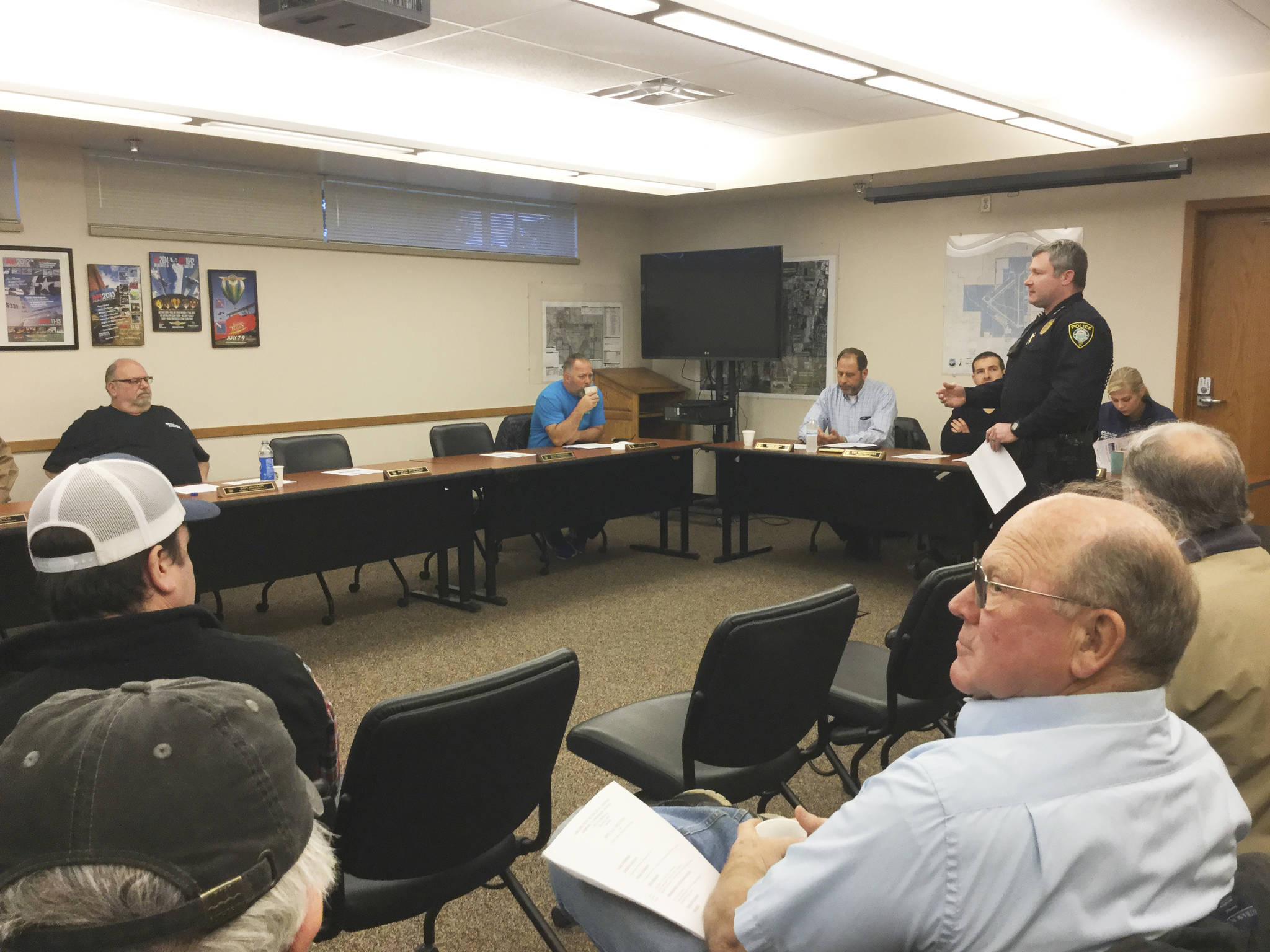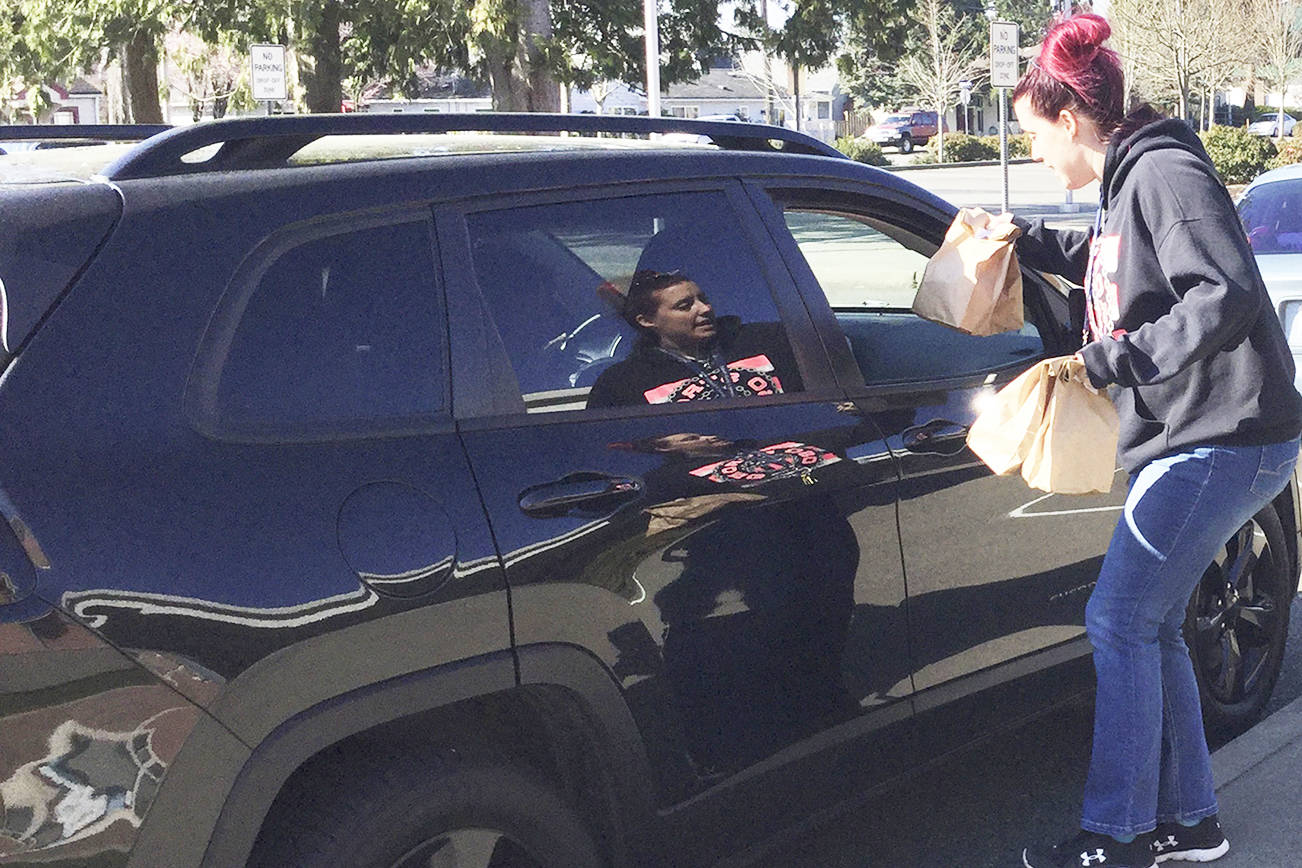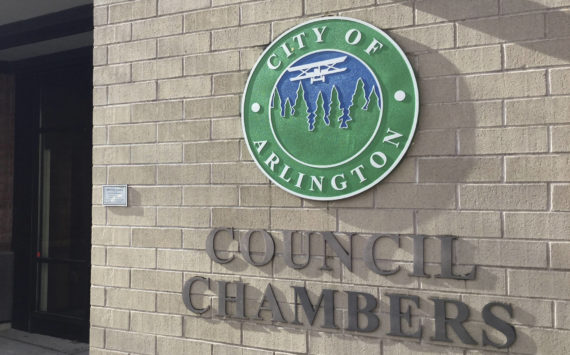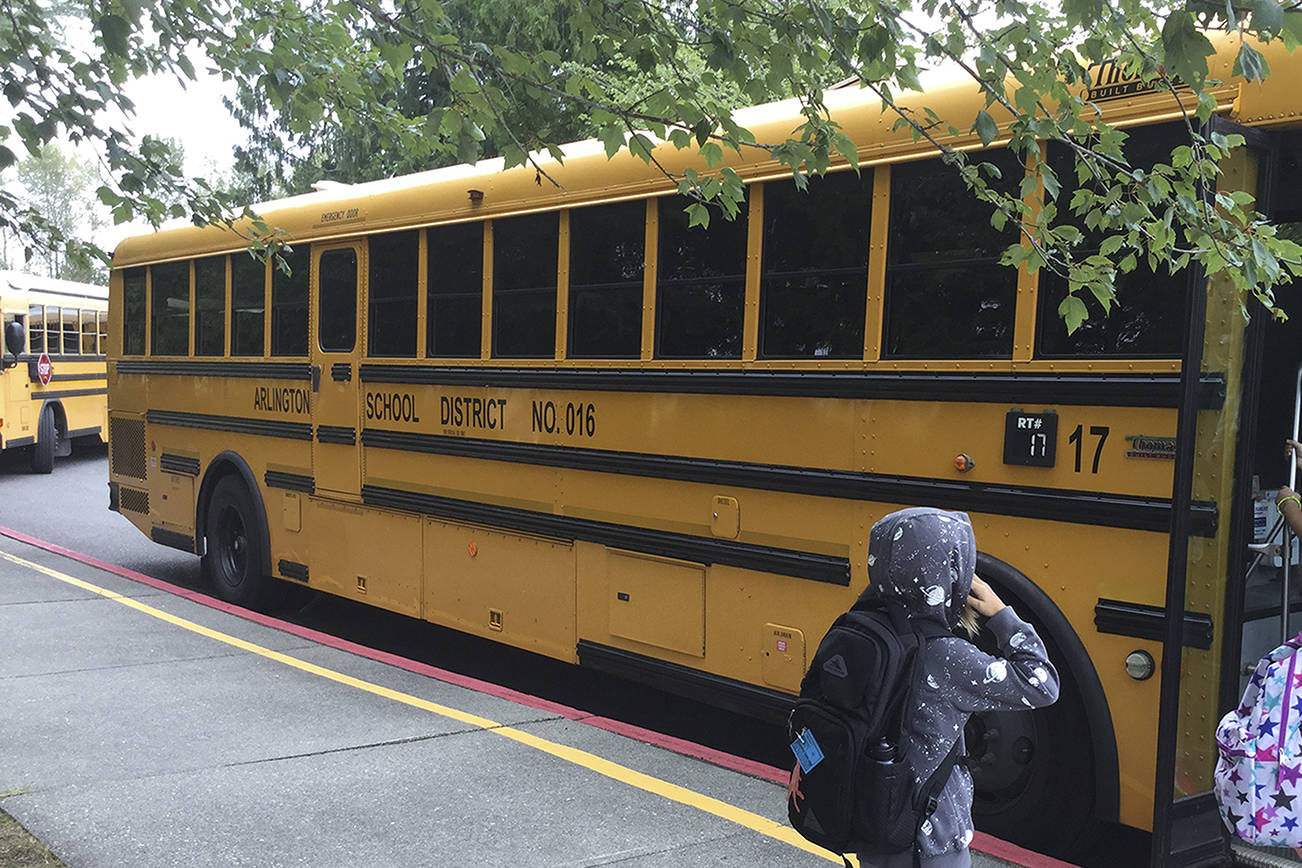ARLINGTON – With a rise in homelessness and increasing drug activity around Arlington Municipal Airport, the airport community wants a stronger partnership with Arlington police.
“We just really want more police presence and more visibility out here,” said Don Munson, Airport Commission chairman.
That’s the sort of candor that police have heard since they launched their Conversations with Cops program last summer. The half-hour get-togethers provide a way for police to connect with residents and business owners in an informal atmosphere to discuss issues such as crime and code enforcement.
Tuesday’s conversations was unique in that it was at an Airport Commission meeting, which drew the flying community with its special concerns, primarily airport security and protection of their property.
Police Chief Jonathan Ventura said that the airport represents about 19 percent of Arlington geographically. It takes up the bulk of the central beat area and includes some industrial areas.
The city’s two Airport Resource Officers and the K-9 officers, Seth Kinney and Molly Ingram, spend much of their shift patrolling the airport. The AROs work a mid-shift to maximize availability for the K-9 units for day and night patrols. There has been some focus turned on night patrol because there has been an influx of drugs and gun complaints that are impacting the airport mostly at night, Ventura said.
AROs responded to 352 incidents at the Arlington airport in 2016, while police responded to 3,278 incidents around that area.
Since Jan. 1, 18 crimes have been reported in the area, according to crime statistics. Ventura said the hot spot for criminal activity has been the hotel and restaurant area on 172nd Street south of the landing strip. That area sees its share of burglaries, theft, assaults, drug-related crimes and domestic violence calls.
Summarizing, Ventura said, “You have a lot of people here at the airport; you get eleven percent of all our police resources for the density, but the crime rate itself is extremely low.”
In 2016, Arlington police responded to 27,402 calls for service citywide, with a force that has been short by at least three officers at times.
Kinney said he and Ingram are eager to reach out more to people at the airport. He suggested if a person saw a suspicious individual in a hanger area in low light who looks out of place, call 9-1-1 so that he can respond. That also creates an opportunity to make contact, create lasting partnerships, and build a rapport with airport users.
Ventura said panhandling continues to make Arlington an attractive community. He and other police have spoken with the growing group of homeless in the Arlington-Smokey Point area. They have met drifters from as far south as Seattle, who say that they come up to Arlington because they can make $300 a day outside Wal-mart, instead of the $25 they might make in Seattle.
“They’re not here to find help and treatment,” Ventura said, adding, “The homeless population has exploded everywhere.”
Ventura pointed out that based on local court statistics, 40 percent of the homeless in the Arlington-Smokey Point area are from here; this is where their families live, and where they attended schools.
Arlington is hoping to take a page from Marysville’s playbook, to take a tough stance on drugs and homeless camps, and shut them down.
The City Attorney’s Office is “word-smithing” the language in abatement documents that can stand up to legal challenge.
Currently, Airport director Dave Ryan said, “We move people along where we can legally do so.”
Airport commissioner John Swizer is sympathetic to the homeless, but the scales tip too far in one direction.
“The homeless population has more rights than the property owners paying the bills,” Swizer said. “ACLU says these guys have all the rights.”
City Administrator Paul Ellis said that the city is aware of the impact that homelessness is having on the community.
“The brunt falls on our police to deal with it,” he said. “This is a national problem. We’re not going to arrest our way out of these issues, and there aren’t enough officers or jail space to respond.
“We need other resources to get us on the right track. We’re trying to handle it from the social service standpoint, but it will take help from the state and national level.”







